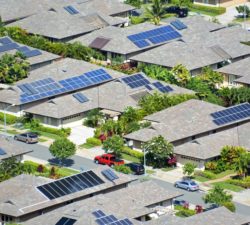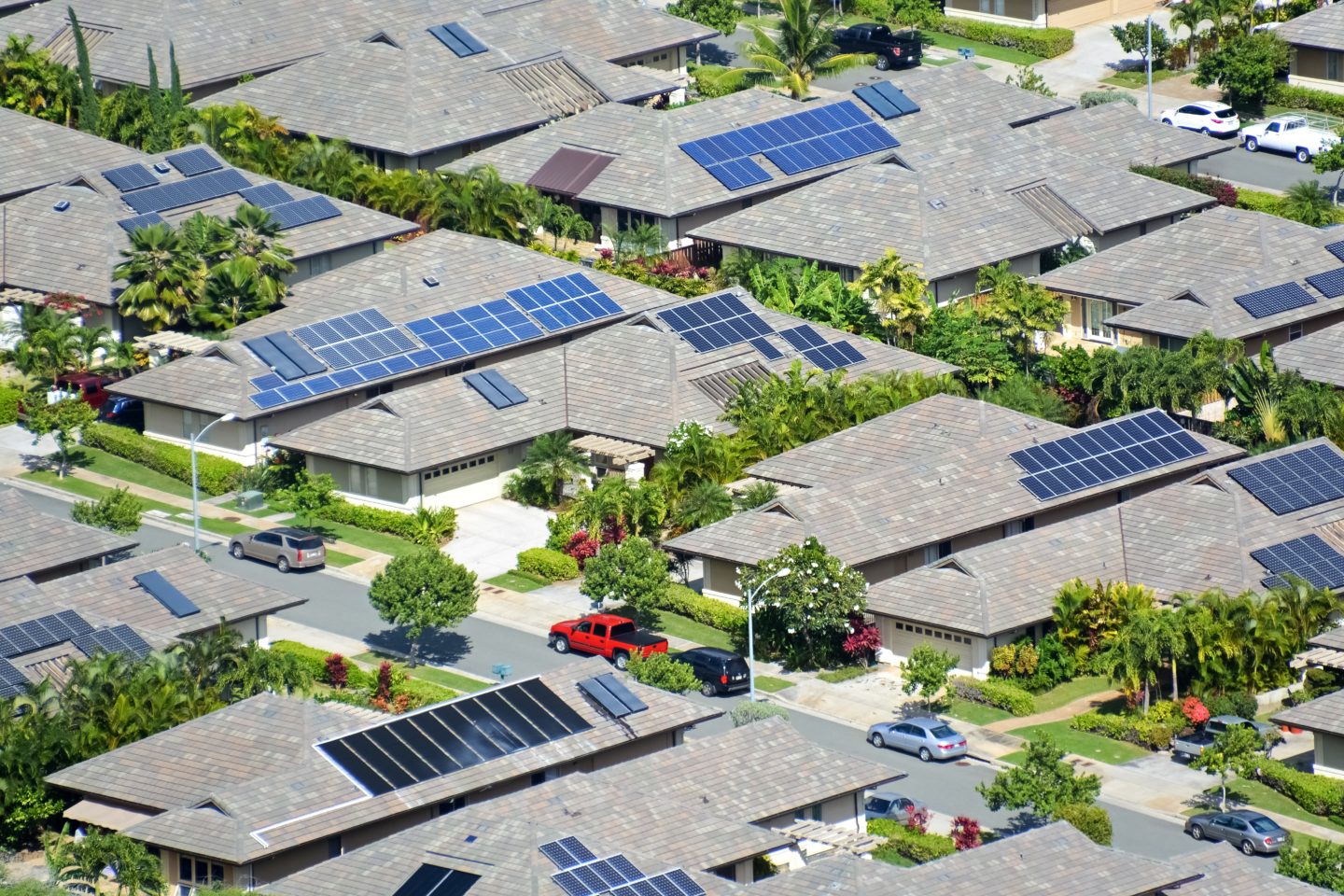As many startups which have come before us know, the idea that you start out with might not be what ends up making your venture successful. Gaining a better understanding of what customers really need – by gathering critical on-the-ground data and running a reality check – sometimes means changing course.
Slack, a business collaboration and communication app, began as a company that made a computer game called Glitch. The game was a flop, but the colorful chat functionality used by players and employees turned into a hit. Similarly, Groupon started out as a social network for activists called The Point which later evolved into a daily deals site.
Over the past six months, extensive interviews with sustainability departments at major Swiss companies and learnings from a mini pilot project in Ghana have prompted us to rethink our business model to find a product-market fit that can achieve scale. The idea of this article is to help other budding entrepreneurs who may…


